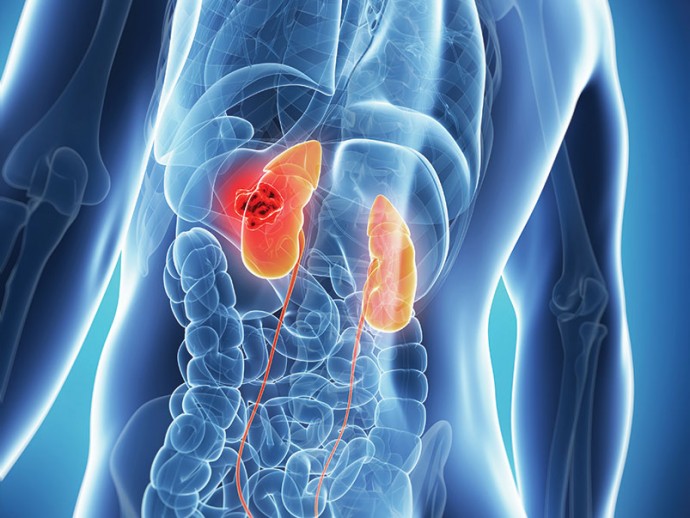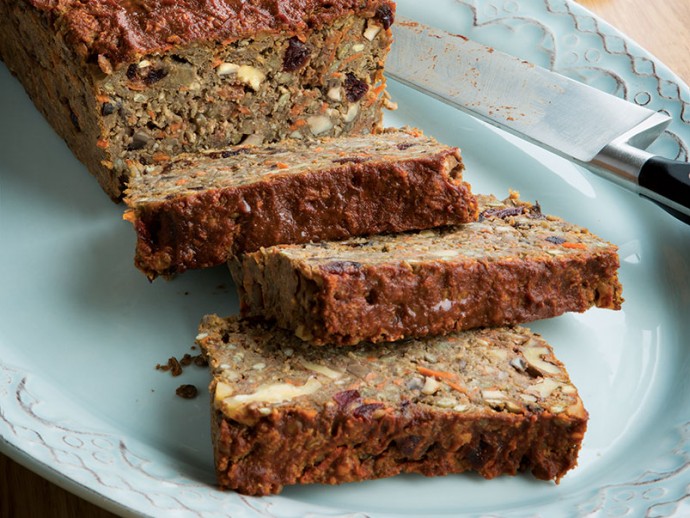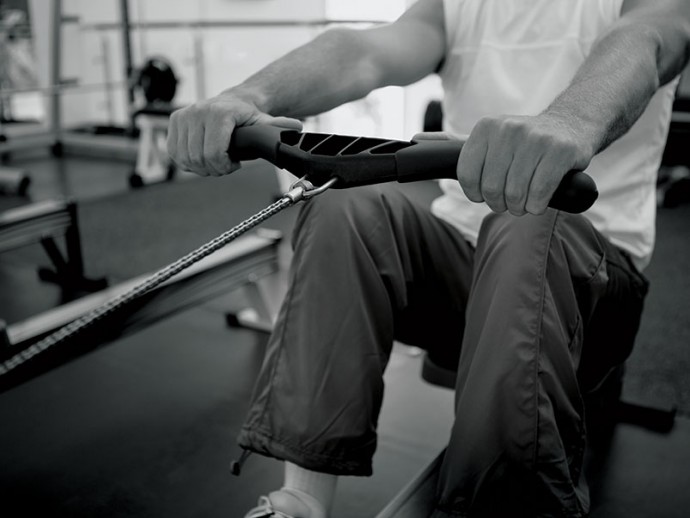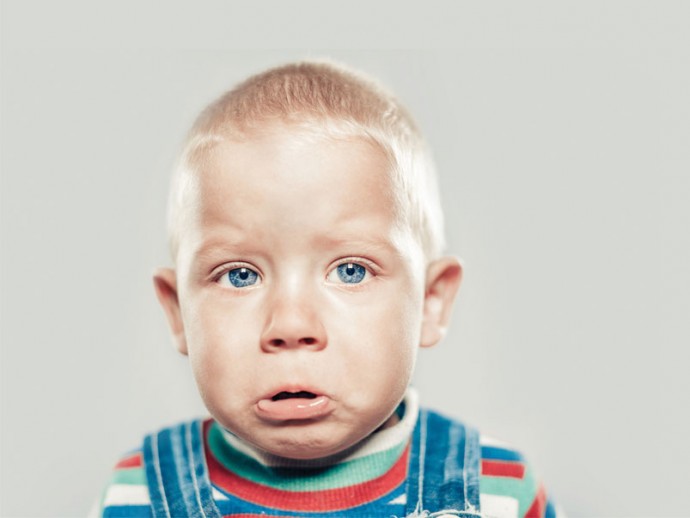
Our kidneys work hard, and they could use our help for a change. As a first step, pour a tall glass of water. Without adequate fluids, filtering your blood becomes much harder for the kidneys.
Read on for more tips to prevent kidney problems.
What they do
Kidneys have the enormous task of filtering all of our blood many times a day. They kick out waste while balancing electrolyte and water levels. In addition, they regulate blood pressure, stimulate the production of red blood cells and help to convert vitamin D to its active form.
Possible problems
Kidneys are vulnerable to disease under certain circumstances. Conditions that may affect these organs include
- kidney infections—usually urinary tract infections (UTIs) that move from the bladder to the kidneys
- kidney stones—formed when certain waste products crystallize as they pass through the urinary tract
- kidney failure—when kidneys lose enough of their function that waste begins to build up in the blood and cause illness
Keeping your kidneys healthy
1. Get screened
Annual health assessments including blood pressure checks, as well as blood and urine tests, are a key part of keeping your kidneys healthy. Many of the conditions that increase the risk of kidney disease (like high blood pressure, diabetes and heart disease) can be detected earlier and managed more effectively if regular screening takes place.
2. Refrain from smoking
The risk for kidney disease in smokers can be almost three times as high as for nonsmokers. Smoking can harm the kidneys in several ways, including damage to their blood vessels and increased exposure to cadmium, a metal that is toxic to the kidneys.
3. Control blood pressure
High blood pressure is a leading cause of kidney disease. Help keep your blood pressure in a healthy range through diet and lifestyle choices like avoiding excess sodium, not smoking, maintaining a healthy weight and exercising regularly.
4. Reduce sodium intake
Many of us eat about twice as much sodium as we need. Excess sodium increases the risk for both high blood pressure and kidney stones. So pass on the salt—your kidneys will thank you!
5. Manage diabetes
Both type 1 and type 2 diabetes increase the risk for kidney disease. Diabetes is the number-one cause of kidney failure in North America, with up to 21 percent of diabetics eventually showing signs of kidney damage. Chronically high blood sugar, as occurs in diabetes that is not well controlled, gradually damages blood vessels within the kidneys so they lose their ability to filter blood effectively.
6. Be aware of family factors
If you have family members with a history of kidney disease, your risk may also rise. This increased risk is often associated with a family history of conditions that may damage the kidneys, like high blood pressure or diabetes.
7. Eat a kidney-friendly diet
Dietary changes can help reduce kidney stones in those at risk. Depending on the type of stone you have, recommendations may include
- avoiding high doses of vitamin C supplements
- avoiding excess animal protein
- supplementing with vitamin B6 and magnesium
Speak to your health care practitioner about the right dietary choices for your kidney concerns.






